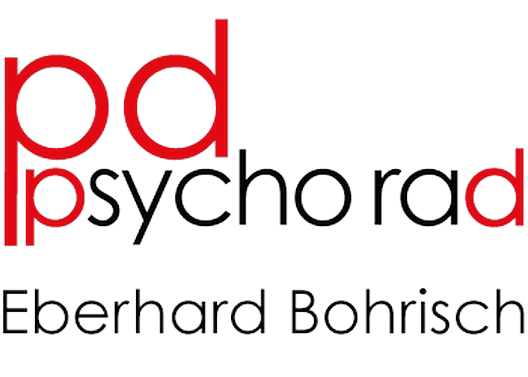Three from different worlds or siblings?
Counselling-Coaching-Psychotherapy.
All three talk to people with unresolved questions about their lives, well-being, and dealings with others. They have in common the claim that these people will be better off afterwards than before their encounter.
And yet coaching is not therapy. So where is the essential difference, and how strictly, if at all, is it to be observed?
I think they are siblings, grew up in the same village, heard the same stories, had the same teachers, lived in the same group of children and adolescents and have now gone out into the world to each run their own business.
If you watch them at work, the family resemblance is not mistaken; the typical barn smell is clearly noticeable. However, suppose I observe the interaction of successful representatives of the three siblings in their concrete work and only pay attention to what they do concretely in dealing with their clients. Then, I am still looking for a significant difference.
They listen, try to understand what is bothering the client, give him the feeling that his experience is „right“, encourage him to change his point of view, explore different behavioural alternatives, and strengthen him to try them out concretely.
The scientific foundations of counselling coaching and psychotherapy come all from different human sciences constructs, such as learning theories, depth psychology, humanistic psychology and others. So there is no difference between them.
What remains is that the representatives of counselling, coaching and therapy have turned to different problem areas. Psychotherapy has developed from treating the mentally ill and requires its patients to be classified as ill. To practise it, one needs a „licence to practise medicine“.
Besides health problems, there are others. Those at work, relationship problems, and difficulties in shaping one’s life. Counselling for these has evolved from social work and other approaches over time into coaching.
I find the distinction between the three fields of counselling unproductive since we are all trying with the same theoretical approaches and the same ethical standards to help people in need and accompany them on the way to a better life.
The mutual appreciation between the groups and professional exchange would be fruitful for all three.
It remains essential that we support our clients in an appreciative and interested way to find and follow their individual paths freely.
As one of the few active coaches with over 50 years of experience, I offer all my competencies.
